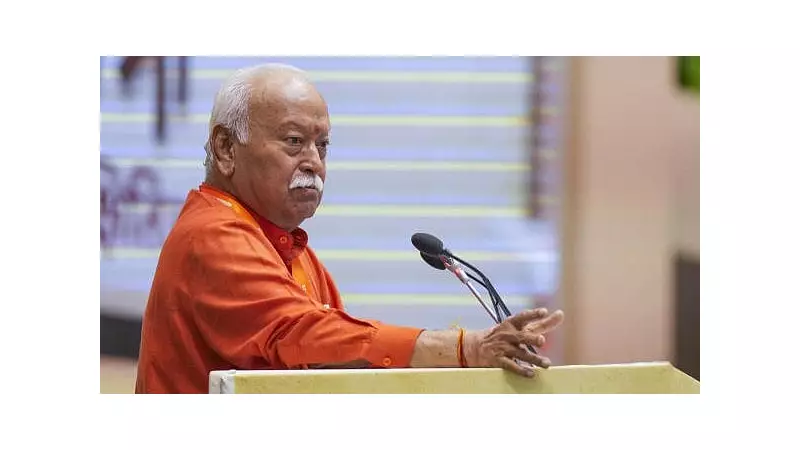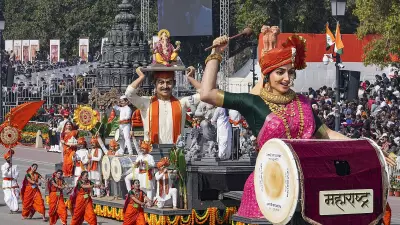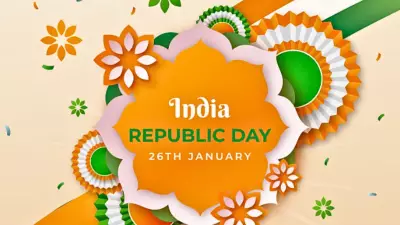
In a significant address that sheds new light on India's civilizational approach, Rashtriya Swayamsevak Sangh (RSS) chief Mohan Bhagwat articulated a compelling perspective on how ancient Indians shared their cultural wealth with the world.
The RSS leader emphasized that India's historical method of cultural dissemination stood in stark contrast to colonial practices of conquest and forced conversion. Instead of imposing beliefs through military might or coercion, ancient Indian civilization propagated its cultural values through peaceful exchange and intellectual sharing.
A Different Path of Cultural Influence
Bhagwat's remarks highlight a fundamental distinction in how civilizations have historically interacted. While many empires expanded through territorial conquest and religious imposition, India chose a path of cultural sharing that respected diversity and encouraged voluntary adoption.
This approach, according to the RSS chief, created lasting cultural bonds that have endured for centuries, unlike the transient dominance achieved through force and coercion.
The Enduring Legacy of Indian Cultural Values
The address underscored how Indian philosophical traditions, spiritual practices, and cultural values traveled across continents not through missionary zeal or imperial command, but through genuine intellectual and cultural exchange.
This method of propagation ensured that the acceptance of Indian cultural elements was based on understanding and appreciation rather than fear or obligation, creating more authentic and lasting cultural connections.
Bhagwat's perspective offers valuable insights into understanding India's soft power approach throughout history and provides context for contemporary discussions about cultural exchange and national identity in a globalized world.





